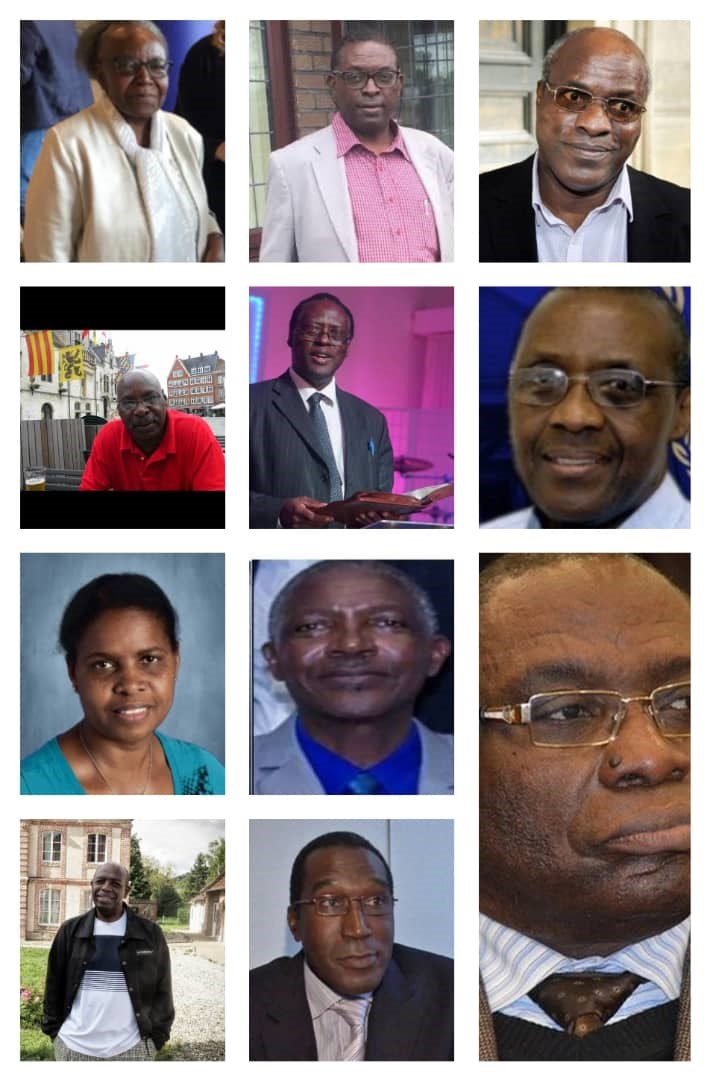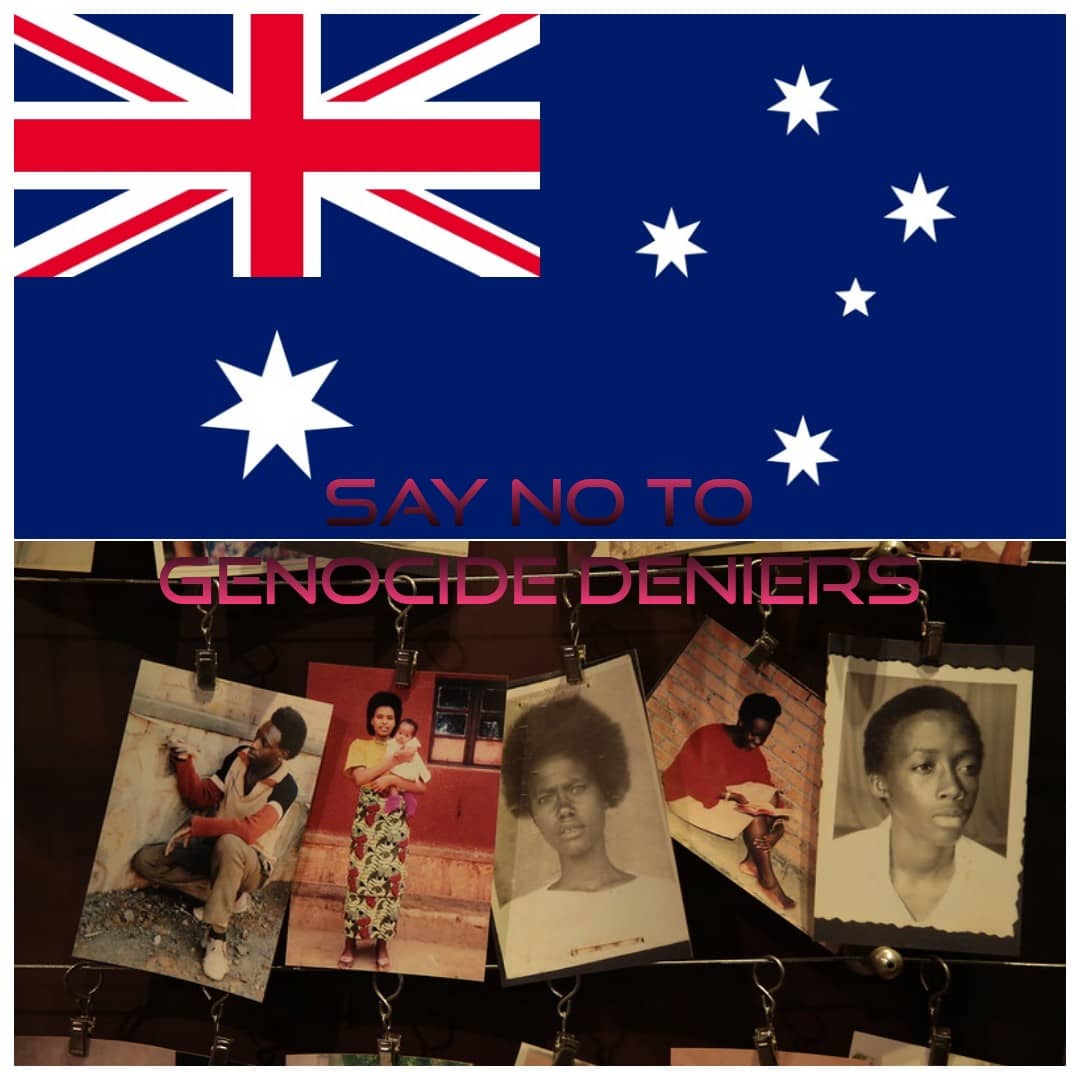International
Malawi sets example to African countries by deporting genocide fugitives

In January 2019, Malawi extradited Vincent Murekezi, a Genocide suspect who has been in custody in the southern African country since 2016.
The Malawian government has set a good example to
African countries, in deporting Rwandan genocide fugitives, a move that serves
justice to the survivors and victims of the 1994 Genocide against the Tutsi in
Rwanda.
Following the country's investigation into Fulgence
Kayishema – an alleged participant in the 1994 Genocide against the Tutsi – who
managed to acquire a Malawian passport under falsified identity between 2017
and 2018; in early June, Malawi revoked the citizenship of 230 individuals from
Rwanda due to suspicion on how they obtained their naturalization papers.
Dozens of genocide fugitives were later identified
among those individuals whose citizenship was revoked, and Malawi started
deporting them to Rwanda to be tried.
Sources, who preferred anonymity, revealed to The Great Lakes Eye that Malawi is
expected to deport more than 40 genocide fugitives.
Rwanda’s National Public Prosecution Authority (NPPA) commended the Malawian authorities for their collaboration in the fight against impunity.
It is, indeed, a significant step in the process of
bringing genocide suspects to justice, particularly from African countries.
To date, no single African country has ever tried
cases of genocide.
On the other hand, among the 1,146 indictments and
arrest warrants against genocide fugitives issued by the Genocide Fugitives
Tracking Unit (GFTU) from 2007 to 2021, 962 (84 per cent) were sent to African
countries.
The GFTU identified 408 genocide fugitives in the DRC,
277 in Uganda, 63 in Malawi, 52 in Tanzania, 47 in France, 42 in Congo
Brazzaville, 40 in Belgium, 35 in Kenya,
23 in the USA, 18 in the Netherlands, 15 in Zambia, 15 in Burundi, 14 in
Canada, 13 in Mozambique and 11 in the Central
African Republic.
Cameroon hosts 10 while there are seven in Norway, Sweden, and Gabon, respectively.
There are five in Germany, the
UK, and South Africa, respectively, as well as three in Denmark, New Zealand,
Ivory Coast, and Switzerland, respectively.
Two are in Zimbabwe and
Swaziland, respectively, while Finland, Ghana, Benin, and Australia, also host
one, each.
On many occasions, the Rwandan government expressed
its concerns over African countries that have done little or nothing to bring the
genocide suspects to book. Few African countries including Malawi, Uganda, and DRC
have extradited a few genocide suspects, a move that Rwanda appreciates.
“The fight against impunity is not a task that Rwanda
should shoulder alone. It is a collective responsibility that we, as the global
community, must undertake," urged Amb. Claver Gatete, Rwanda’s Permanent
Representative to the United Nations.
Rwanda’s Minister of National Unity and Civic
Engagement, Jean Damascene Bizimana, in April, said that foreign countries'
role in prosecuting genocide fugitives is commendable but there is still a need
for further efforts to enhance its productivity, especially in African
countries.
Bizimana called on African nations to initiate the process
of trying fugitives who are living in their countries.
Lack of political will by the host governments is
cited as the biggest challenge in bringing genocide fugitives to book.
Malawi’s political will to collaborate with Rwanda in
fighting impunity, especially when it is about genocide and crimes against
humanity, should serve as an example to other African countries and the whole
world.



.jpg-20220625121015000000.jpeg-20230420103353000000.jpeg)


.jpg-20220625121015000000.jpg)



